
CrescentCare: An MLP for the Community
Following Hurricane Katrina, Louisiana native, Ranie Thompson dreamt of establishing the first medical-legal partnership (MLP) in the state. Though resources thwarted her plans at the time, today she spearheads the legal services team at CrescentCare—a Federally Qualified Health Center —that provides free legal aid to people living with HIV (PLWHIV) across the state of Louisiana. Founded in 2012 after a merger between AIDSLaw and CrescentCare, the Legal Services team has historically served PLWHIV and their legal needs as a Ryan White program award recipient....Read More

Preventing homelessness in 15 minutes
When a patient’s mother called pediatrician Megan Sandel to say her housing voucher was going to be cancelled and her family was going to become homeless, the medical-legal partnership was able to prevent it…in 15 minutes....Read More
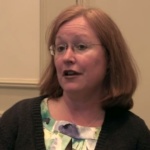
Housing help that paved the way for cancer surgery and remission
When a Nebraska woman canceled her mastectomy because she received an eviction notice and feared she would not have a place to recover, the medical-legal partnership team went to work. Oncologist Kerry Rodabaugh recalls the journey that ended with remission....Read More
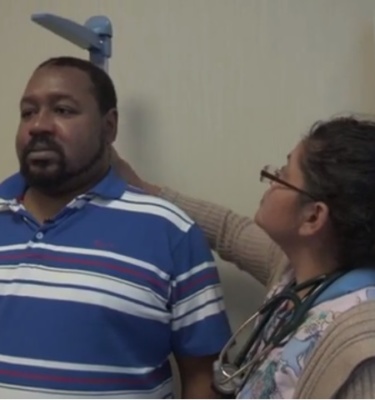
Improving blood sugar with food benefits
When Eric Campbell’s blood sugar suddenly went up, his doctor asked him, “What changed?” He said his food benefits had decreased. While helping Eric, the medical-legal partnership team at Whittier Clinic found an administrative error that affected hundreds of families....Read More

When cancer care is more than chemotherapy
Being told you have cancer is overwhelming, so is undergoing treatment. But for Lonnie Evans, it was hard to focus on getting better when he couldn't keep working and was denied disabilities benefits and public health insurance....Read More

CrescentCare: An MLP for the Community
Following Hurricane Katrina, Louisiana native, Ranie Thompson dreamt of establishing the first medical-legal partnership (MLP) in the state. Though resources thwarted her plans at the time, today she spearheads the legal services team at CrescentCare—a Federally Qualified Health Center —that provides free legal aid to people living with HIV (PLWHIV) across the state of Louisiana. Founded in 2012 after a merger between AIDSLaw and CrescentCare, the Legal Services team has historically served PLWHIV and their legal needs as a Ryan White program award recipient....Read More
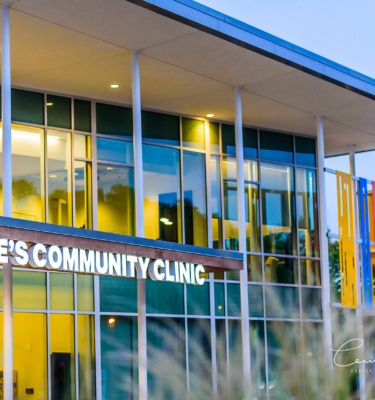
Using the Law to Inform Empowered Patient Care in Austin
The same year that People’s Community Clinic in Austin became a Federally Qualified Health Center in 2012, it began offering on-site legal services to its patients. Ask the health care providers and administrators at People’s if it was weird to suddenly have a lawyer walking around, consulting on cases and seeing patients, and the answer you’ll get from everyone is pretty much the same: “No. That’s just the kind of place People’s is.” In the first in a series of medical-legal partnership origin stories, we...Read More

“I can’t imagine practicing medicine without a lawyer.”
Health care providers from across the country share the moments that they realized having lawyers in their clinics was critical to providing care....Read More
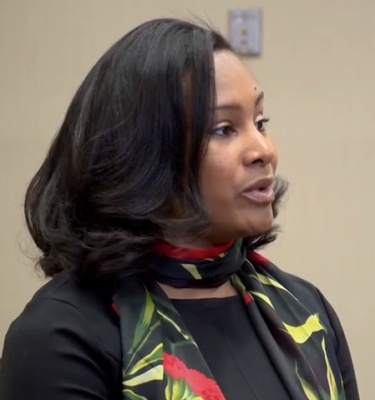
“We ask the questions because now we have solutions.”
If you don't think you can help with a problem, you won't ask about it. Having a lawyer on the team has given health care providers confidence that if they ask about social factors, there is help, and that intractable problems have solutions....Read More

Guest Article: Helping Family Caregivers Through the Lens of a Medical-Legal Partnership
What do you do when you are responsible for the care of your elderly or disabled loved one, but you are not able to get them adequate healthcare, get their bills paid, or recertify their public benefits? What do you do when you are struggling to balance caring for your loved one, working, and taking care of your own needs? Unfortunately, this is a reality for too many across the U.S. In New York City alone, up to 1.3 million individuals are providing unpaid care...Read More
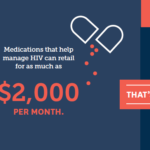
Ensuring people with chronic conditions maintain access to care
When Whitman-Walker Health in Washington, D.C. hired its first in-house lawyer in 1986, it was to help HIV and AIDS patients write wills, secure disability benefits, and fight discrimination—all to ease suffering as they prepared for the end of life. Thankfully, advancements in medical treatment mean that people with HIV and AIDS are living longer, healthier lives. It also means that the health center’s now 10 attorneys, two paralegals, and 15 insurance navigators play a very different role in patient care. Among other things, they...Read More
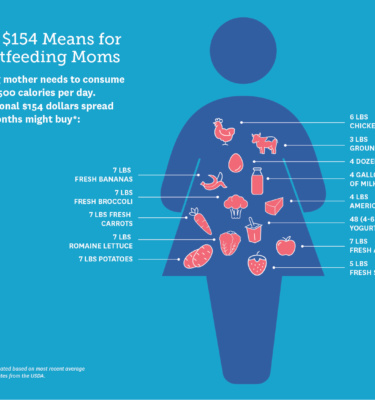
Increasing nutritional supports for newborns
When Javana Bradford took her one-month old daughter, Augyst, for a checkup at Cincinnati Children’s Hospital Medical Center, pediatrician Melissa Klein asked if she and her daughter were getting enough to eat. Ms. Bradford said she was having trouble adding Augyst to her Supplemental Nutrition Assistance Program (SNAP) benefits, commonly known as food stamps. Dr. Klein referred her to Deanna White, a paralegal at the hospital’s medical-legal partnership (MLP) with the Legal Aid Society of Greater Cincinnati. To add a newborn to a mother’s SNAP...Read More
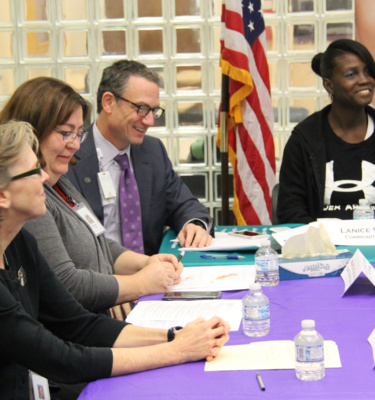
Keeping children safe from lead poisoning
The first sign that a home has a lead hazard is usually when a child tests positive for lead poisoning. Despite the fact that more than four million children in the United States live in federally assisted housing and many of those units are decades old, homes are not assessed for lead hazards before families move in. Because of Chicago’s old housing stock, providers at Erie Family Health Centers vigilantly check children’s lead levels every six months until the child is four, and whenever there...Read More
